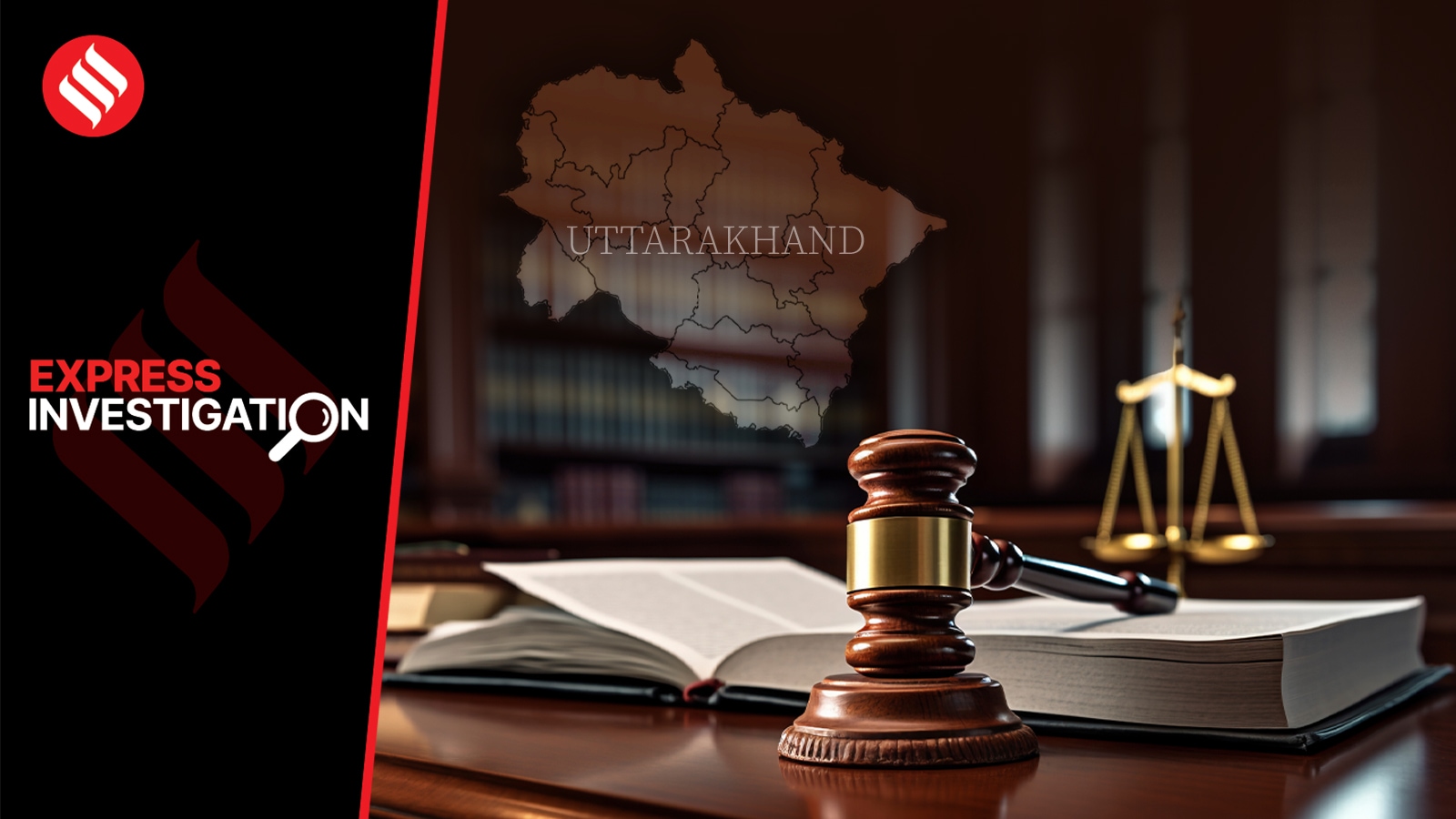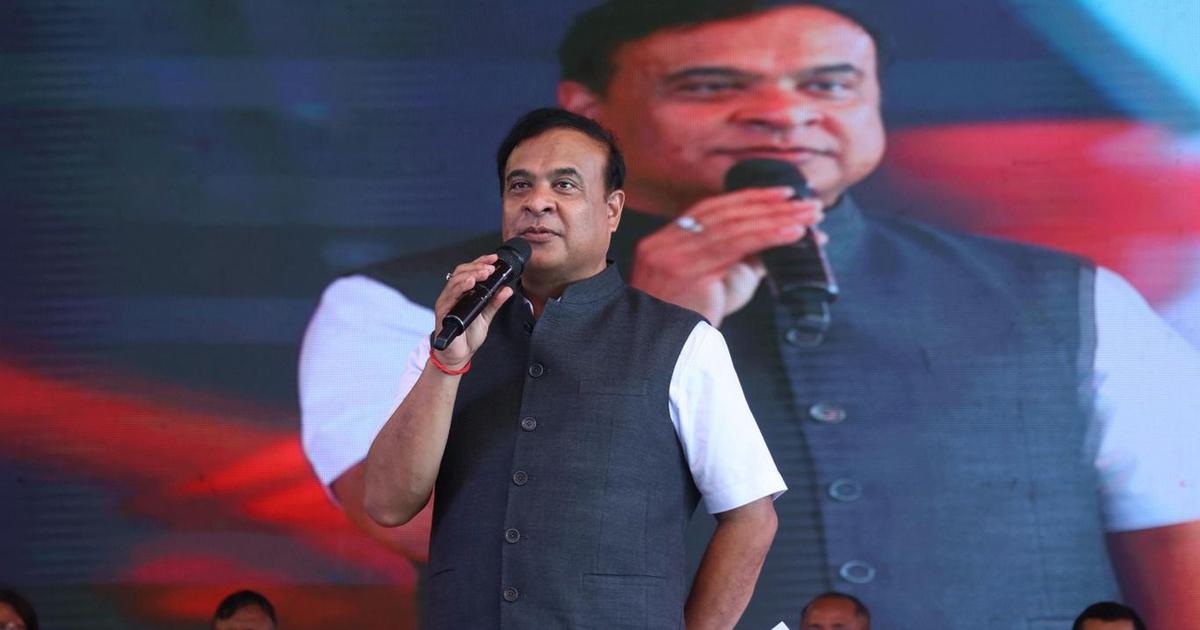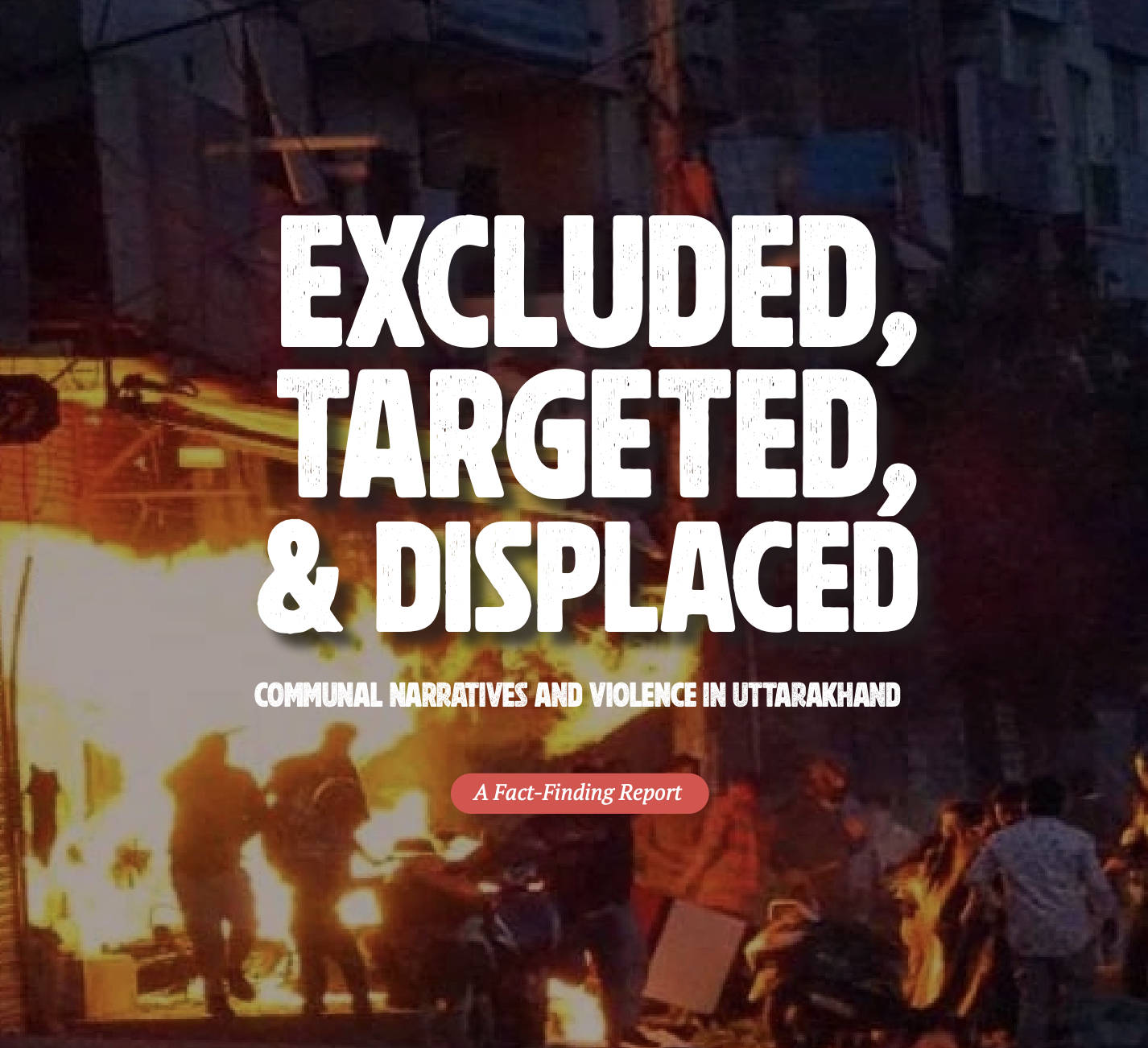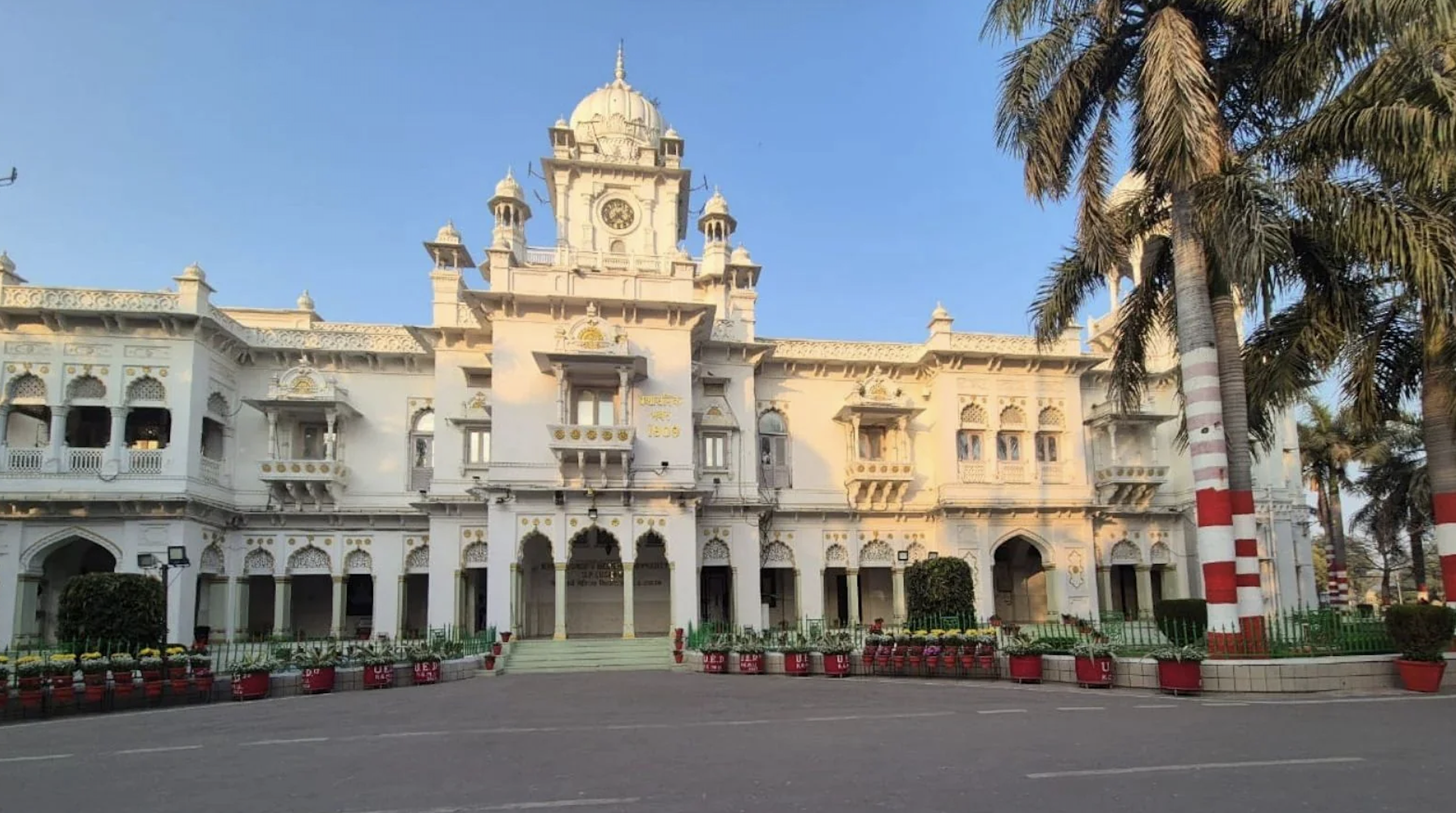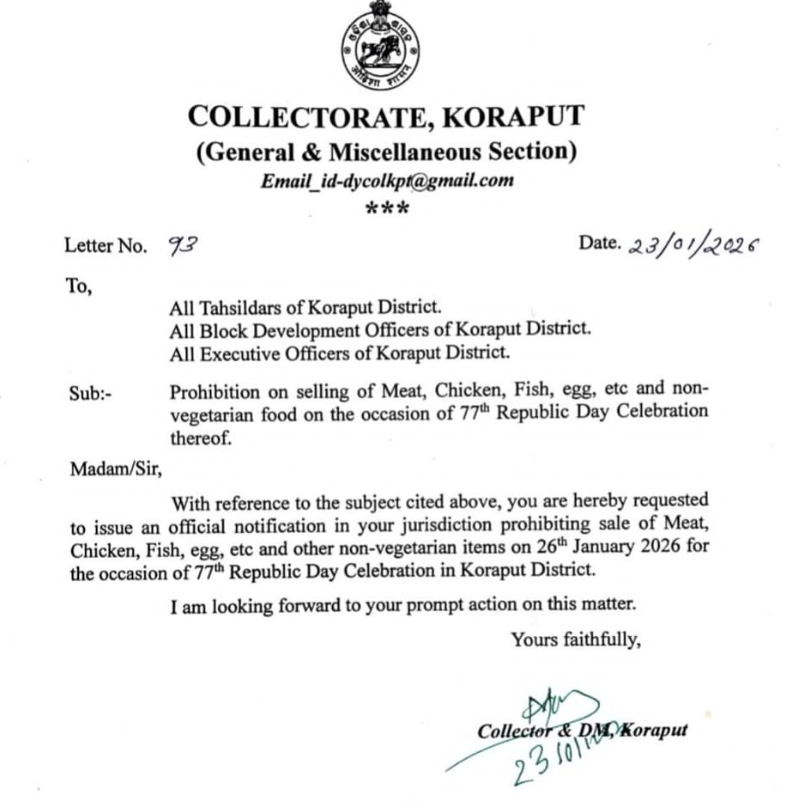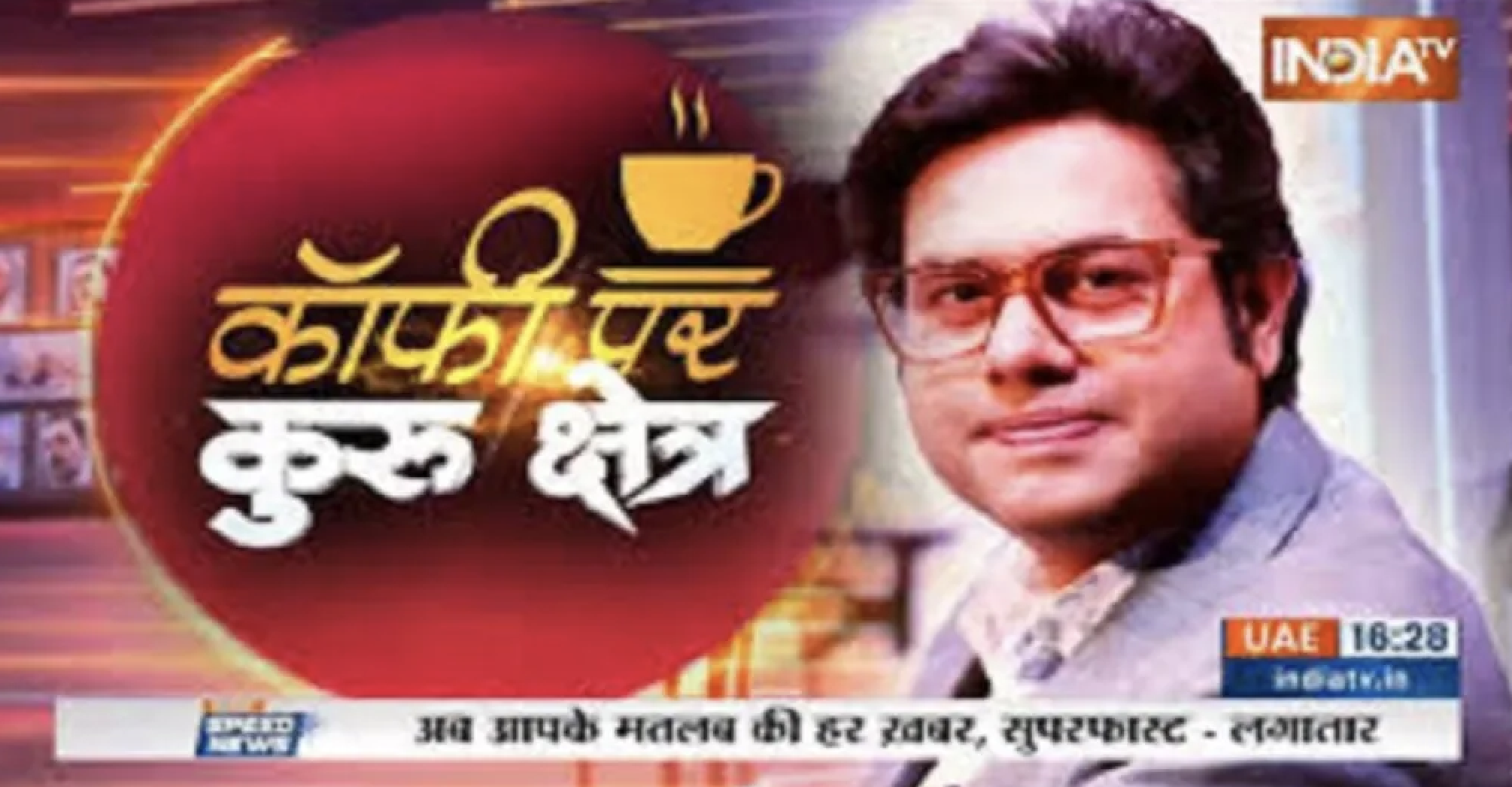
By CJP Team
On October 21, Citizens for Justice and Peace (CJP) filed a complaint against India TV host Saurav Sharma with the channel. In the 34:25-minute episode of “Coffee Par Kurukshetra,” Sharma deliberately targeted the Muslim community, propagated anti-Islam theories, and spread a divisive agenda. The show, featuring guests including Professor Sangeet Ragi, framed Muslims in a negative light and attempted to reinforce harmful stereotypes by labeling Muslim-majority areas as “sensitive.”
CJP highlighted in its complaint that the show titled “Coffee Par Kurukshetra: यूपी में पत्थरबाजों की फौज कहां से आई? UP Bahraich Violence | CM Yogi”, was surrounding the ongoing tension erupted in Bahraich’s Maharajganj area in Uttar Pradesh.
CJP is dedicated to finding and bringing to light instances of Hate Speech, so that the bigots propagating these venomous ideas can be unmasked and brought to justice. To learn more about our campaign against hate speech, please become a member. To support our initiatives, please donate now!
As per CJP’s complaint to channel, the ‘Coffee Par Kurukshetra’ show on India Tv, host Sharma targeted the Muslim community, propagated anti-Islam theories and spread a divisive agenda. Based on the premise set through the details of multiple incidents across the country, chosen specifically to paint the Muslim community as aggressive, the impugned show begins. The participants present during the show were: Professor Sangeet Ragi (Professor, Political Science Delhi University, Pradeep Singh, Shantanu Gupta and the show began with host Saurav Sharma introducing the topic of Bahraich violence before the guests. The narrative consistently framed Muslims and Islamophobic propaganda in a way that reinforced negative stereotypes. Muslim majority areas were labelled as “sensitive” solely because of their demographic composition, fuelling a false narrative about the Muslim population, their festivals, and religious practices.
Further, the guests urged Hindus to oppose the Azaan and emphasizing exaggerated or imagined threats from the Muslim community, the narrative deepened divisions and heightened communal tensions. This deliberate framing contributed to a more polarized atmosphere, fostering mistrust and hostility between communities.
This story was originally published in cjp.org.in. Read the full story here.


